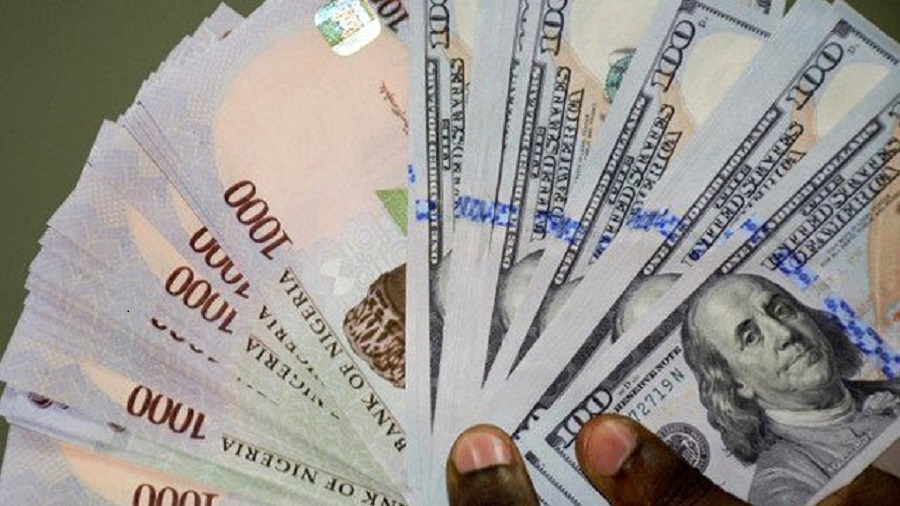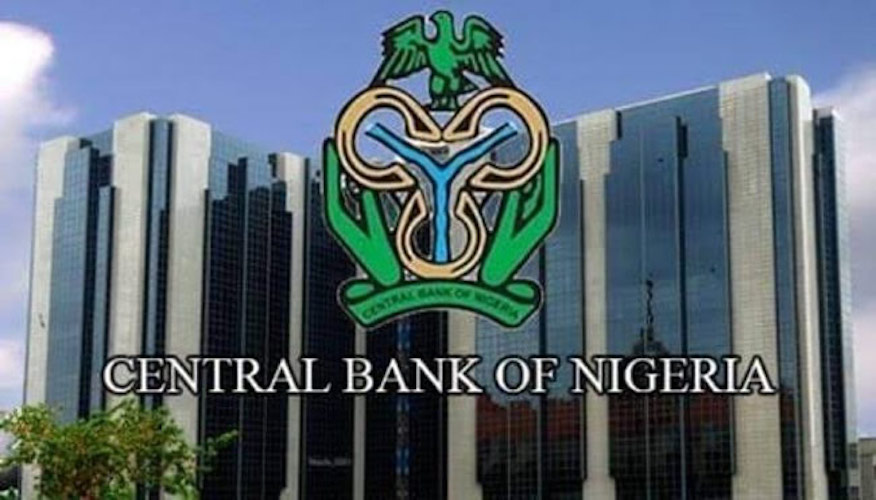

Nigeria's naira strengthens to 1,000 per dollar amid central bank measures, recovering from a low of 1,300 naira.
The surge followed the central bank's move to clear outstanding currency forwards owed to banks, halting the naira's successive record lows.
Despite lifting restrictions on official market trading, dollar inflows have yet to materialize, but the finance minister anticipates a $10 billion boost in foreign currency inflows in the coming weeks.
Struggles On The Black Market
The naira had been facing successive record lows on the black market, a result of excess demand on the official market being diverted to the unofficial market.
Despite this challenging situation, the central bank recently initiated the clearing of outstanding foreign currency forwards owed to banks.
Reports suggest that an initial payment of $1 billion was made, which has been a significant factor in the naira's recovery.
On September 26, the naira had initially crossed the 1,000 naira per dollar mark on the black market.
Coincidentally, this was the same day newly-appointed central bank governor Olayemi Cardoso appeared before the Nigerian senate for his confirmation hearing.
However, the central bank has not been intervening on the official market since October, allowing the naira's slide on the black market to accelerate.
Forex Reforms And Expectations
Nigeria removed restrictions on trading the currency on the official market in June in an effort to increase liquidity and stabilize the naira, which investors welcomed.
However, the anticipated inflow of dollars has yet to materialize, leading to a further decline in the naira's value. Olayemi Cardoso, the central bank governor, has stated that the naira will adjust as clearer rules for market participants are established.
Finance Minister Wale Edun has expressed optimism, revealing that Nigeria expects $10 billion in foreign currency inflows in the coming weeks to enhance the foreign exchange market's liquidity. This inflow is expected to clear forex backlogs and support the naira's stability.
Government's Efforts And Banking Responses
As of the latest data, the naira was trading at 884.53 to the dollar on the official market at 1200 GMT. However, there have been reports of the naira trading at 1,040/$ and 1,125/$ in various locations, marking an appreciable recovery from its previous lows.
While these developments are promising, there are still concerns about the practical implementation and distribution of funds to end users.
The government's efforts to secure up to $10 billion in foreign exchange inflows from various sources are seen as a vital step toward addressing the ongoing forex challenges in Nigeria.
The recent newsabout payments made by the central bank to certain banks, such as Citibank, Stanbic IBTC, and Standard Chartered, has given hope for a resolution to the forex backlog issue.
Investor Reactions And Future Outlook
Investor reactions and opinions on these developments vary, with some expressing optimism and others raising concerns about the sustainability of the interventions.
The handling of foreign exchange, backlog clearance, and the role of commercial banks have become central issues.
As Nigeria navigates the complexities of its foreign exchange situation, ongoing reforms, policy adjustments, and the successful implementation of forex-related measures will be key in determining the currency's future stability.
While the naira's recent recovery is a positive sign, further actions and continued efforts will be necessary to address the challenges in Nigeria's foreign exchange market effectively.
The government, central bank, and relevant stakeholders will continue to play a crucial role in shaping the country's financial landscape.
Final Words
Nigeria's naira has shown signs of improvement, strengthening to 1,000 naira per dollar on the black market, following a record low of 1,300 naira.
The central bank's efforts to clear outstanding currency forwards have played a pivotal role in this recovery.
However, challenges persist, and the successful implementation of forex reforms and the distribution of funds to end users will be critical for the naira's long-term stability.
Nigeria's foreign exchange situation remains complex, and it will require ongoing policy adjustments and collaborative efforts to address effectively.

